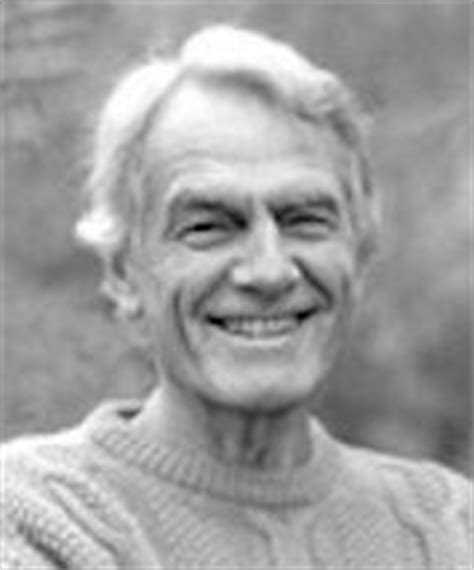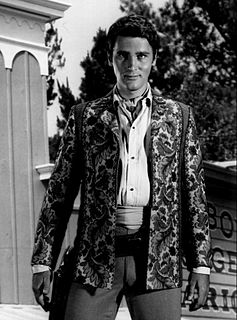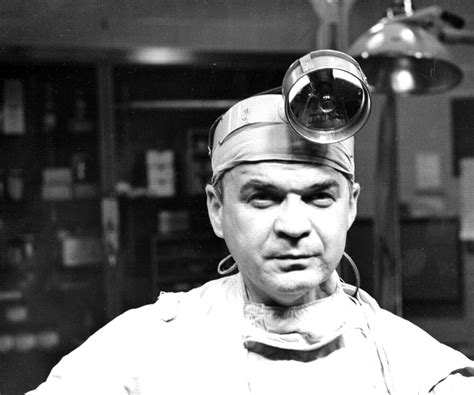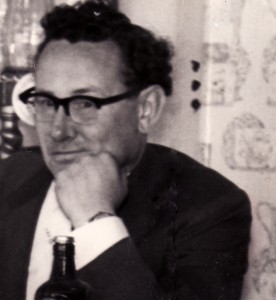A Quote by Philip Slater
Most of us would like to end our lives feeling both that we had a good time and that we left the world a little better than we found it.
Related Quotes
At the time in our lives that we met, we had both made our mistakes. If chance would have had it that we would have met at an earlier stage, we might not have had the discoveries together that we did have and found those things in life together that were valuable to us at a later point in life when we were both more mature.
We have lived our lives by the assumption that what was good for us would be good for the world. We have been wrong. We must change our lives so that it will be possible to live by the contrary assumption, that what is good for the world will be good for us. And that requires that we make the effort to know the world and learn what is good for it.
It is possible to move through the drama of our lives without believing so earnestly in the character that we play. That we take ourselves so seriously, that we are so absurdly important in our own minds, is a problem for us. We feel justified in being annoyed with everything. We feel justified in denigrating ourselves or in feeling that we are more clever than other people. Self-importance hurts us, limiting us to the narrow world of our likes and dislikes. We end up bored to death with ourselves and our world. We end up never satisfied.
Normally we divide the external world into that which we consider to be good or valuable, bad or worthless, or neither. Most of the time these discriminations are incorrect or have little meaning. For example, our habitual way of categorizing people as friends, enemies, and strangers depending on how they make us feel is both incorrect and a great obstacle to developing impartial love for all living beings. Rather than holding so tightly to our discriminations of the external world, it would be much more beneficial if we learned to discriminate between valuable and worthless states of mind.
Time was with most of us, when Christmas Day, encircling all our limited world like a magic ring, left nothing out for us to miss or seek; bound together all our home enjoyments, affections, and hopes; grouped everything and everyone round the Christmas fire, and make the little picture shining in our bright young eyes, complete.
I was remembering the things we had done together, the times we had had. It would have been pleasant to preserve that comradeship in the days that came after. Pleasant, but alas, impossible. That which had brought us together had gone, and now our paths diverged, according to our natures and needs. We would meet again, from time to time, but always a little more as strangers; until perhaps at last, as old men with only memories left, we could sit together and try to share them.
So that's how we live our lives. No matter how deep and fatal the loss, no matter how important the thing that's stolen from us--that's snatched right out of our hands--even if we are left completely changed, with only the outer layer of skin from before, we continue to play out our lives this way, in silence. We draw ever nearer to the end of our allotted span of time, bidding it farewell as it trails off behind. Repeating, often adroitly, the endless deeds of the everyday. Leaving behind a feeling of immeasurable emptiness.




































